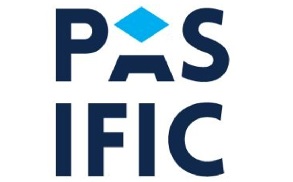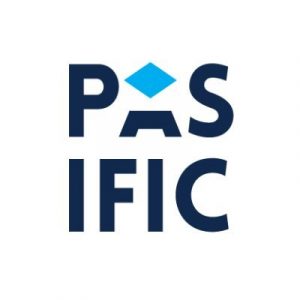
Implementation period: 2022-03-01 - 2024-02-28
Type: National
Division: The Division of Applied Geochemistry and Environmental Engineering
The life cycle of products and materials ends up in landfills, and just a while ago, those were uncontrolled dumps. The problem grew bigger with the Industrial Revolution, and only recently, the paradigm is changing, leading to environmental preservation and circular economy ideas. A vast amount of resources earlier disposed of in landfills worldwide would still serve as strategic reserves and raw materials within the circular economy. Disposed resources become available for society if extracted in symbiosis with relevant remediation principles, including avoiding pollution of the environment. Abandoned as well as new landfill sites produce emissions of greenhouse gases (GHG) and have a significant adverse effect on global climate change. Methane emissions from the waste sector comprise up to 18% of the global, predominantly emitted from landfills. Emissions of landfill gas, which mainly consist of CH4 and CO2, need to be reduced by a collection of methane. However, when the dump gets aged, it is still released into the atmosphere when the emission collection becomes difficult and unfeasible. It could be avoided by using biological methane degradation technology in engineered biocovers. Another important aspect is strategic land management: 1) by revitalizing old dumps and closing existing landfills for a new type of regional and local planning as revitalization reveals land asset value such as opportunities to elaborate industry parks and recreation areas; 2) environmental engineering, landscape architecture, cultural and economic analysis based approach for choosing best available options for each individual case, involving the Triple helix approach where NGOs, municipalities, and industry mutually interact, leading to sustainable land use.
The aim of the Project is to identify sustainable resource recovery potential for a fine residual fraction of landfill waste and test it as a possible biocover for landfills, thus promoting land recovery and ecosystem revitalization in landfills while diminishing and monitoring the GHG emissions.
The Project consists of three main parts: a) laboratory column-based testing and b) field experiments for methane degradation studies, as well as c) creating an approach for landfill closing based on the best available ecosystem restoration and land regaining from an economic perspective. The Project contributes to the EU Methane Strategy; the EU climate policy; the UN Sustainable development goals: SDG13 reduction of GHG, and SDG12 recovery of materials; the Circular Economy Action Plan.
Keywords: Circular Economy, Future Landfills, Sustainable Planning, Revitalization
Funding: This project has received funding from the European Union’s Horizon 2020 research and innovation programme under the Marie Skłodowska-Curie grant agreement No 847639 and from the Ministry of Education and Science
Project Leader (Principal Investigator) – Dr Juris Burlakovs
Project coordinator: Mineral and Energy Economy Research Institute, Polish Academy of Science








